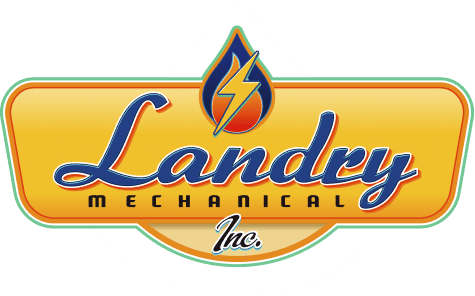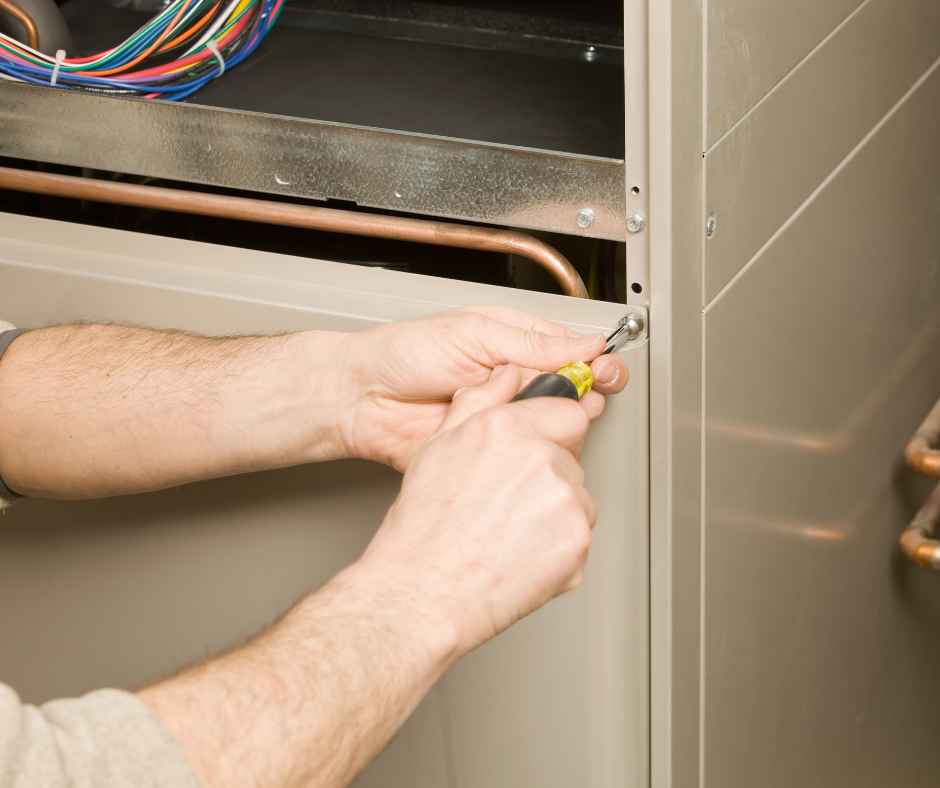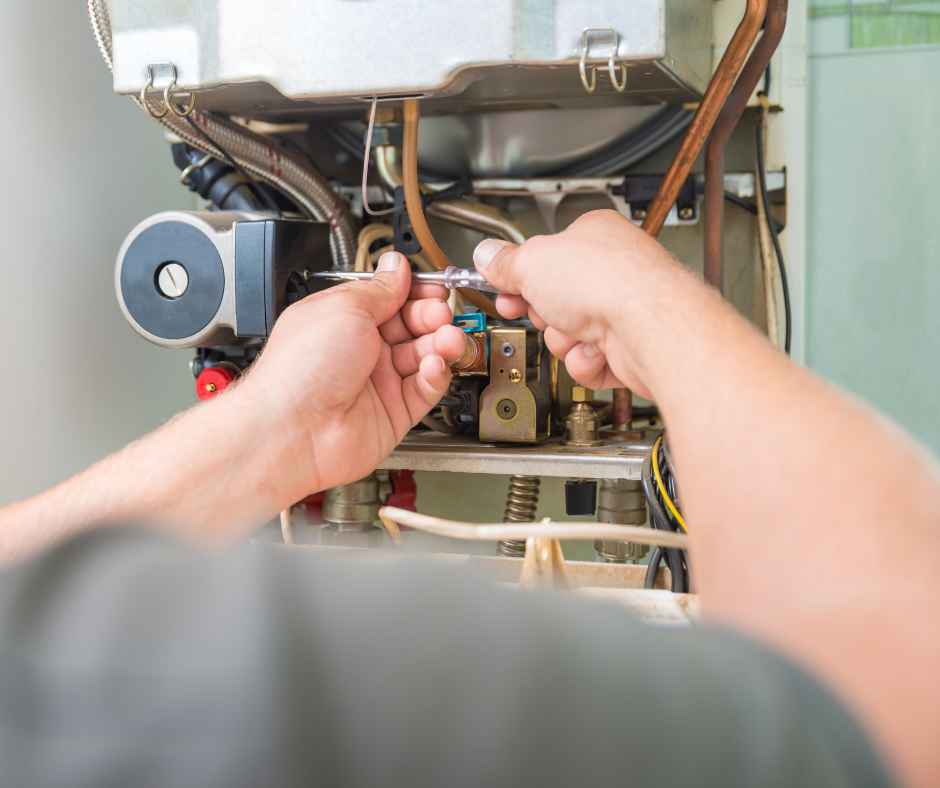Proudly Serving Central & Eastern Massachusetts
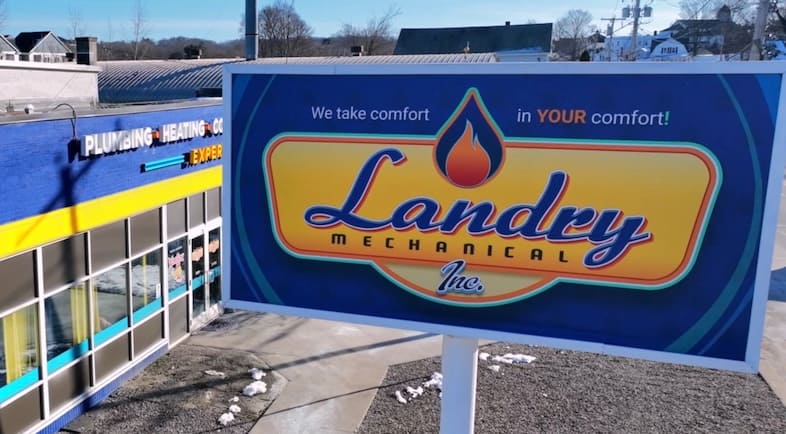

Furnace vs. Boiler vs. Heat Pump in Massachusetts: What’s Best for New England Winters?
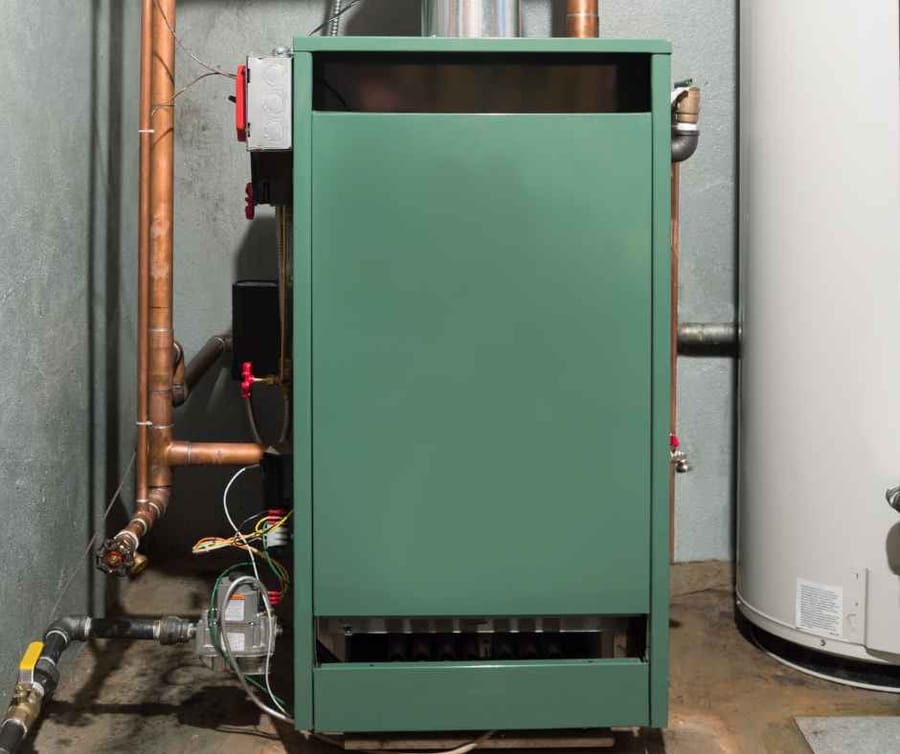
Winters in Massachusetts are long, cold, and often unpredictable. With temperatures regularly dipping below freezing and heavy snowstorms sweeping across New England, choosing the right heating system is more than a comfort decision; it is essential for survival, efficiency, and long-term savings. Homeowners face a critical question every year: which system keeps their family warm while also managing energy costs?
The most common options for Massachusetts homes are furnaces, boilers, and heat pumps. Each system operates differently, comes with unique benefits, and has its own limitations when put to the test during harsh New England winters. Understanding how they work, their costs, and how well they perform in the Massachusetts climate will help you decide which option is the best investment for your home.
What is a Furnace?
A furnace is one of the most common heating systems in Massachusetts homes. It works by burning fuel, typically natural gas, propane, oil, or electricity, to generate heat. That heat is then pushed through a system of ducts and delivered to rooms through vents, creating a stream of warm air. Because furnaces use forced-air distribution, they can also be paired with central air conditioning, making them a popular option for homeowners who want both heating and cooling from a single ductwork system.
Advantages of Furnaces
Furnaces heat quickly, are relatively affordable to install, and can be efficient when paired with modern high-efficiency models. They also make it easy to combine heating and cooling into one system.
Disadvantages of Furnaces
Furnaces can create uneven temperatures in different rooms and require ductwork maintenance to prevent leaks, dust, or reduced airflow. In Massachusetts, where winters are long and severe, older or inefficient furnaces may also drive up energy bills compared to other systems.
What is a Boiler?
Unlike a furnace that heats air, a boiler uses water or steam to provide warmth. Boilers heat water and then circulate it through pipes to radiators, baseboard heaters, or radiant floor systems. Instead of blowing hot air, boilers deliver radiant or convective heat that spreads more evenly throughout the home. This makes them especially appealing in Massachusetts, where steady and consistent warmth is a must during long winters.
Advantages of Boilers
Boilers provide a very comfortable, even heat without the drafts or fluctuations common with forced-air systems. They operate quietly, last for decades with proper maintenance, and often require fewer repairs compared to other systems. Boilers are also ideal for older homes in New England that already have radiator setups in place.
Disadvantages of Boilers
Boilers cost more upfront than furnaces, and because they do not use ductwork, they cannot be combined with central air conditioning. They also heat spaces more slowly, which means it can take longer to warm up your home on especially frigid mornings.
What is a Heat Pump?
A heat pump works differently than a furnace or boiler because it does not create heat but instead transfers it. In the winter, a heat pump extracts warmth from the outdoor air (or the ground, in the case of a geothermal system) and moves it indoors. In the summer, the process reverses, providing cooling similar to an air conditioner. Most Massachusetts homeowners considering a heat pump will look at air-source heat pumps, which have advanced significantly in recent years and can now perform reliably even in cold New England climates.
Advantages of Heat Pumps
Heat pumps are among the most energy-efficient heating options available. They can cut energy bills, reduce carbon emissions, and serve as both heating and cooling systems in one. Massachusetts also offers attractive Mass Save® rebates and incentives, making them more affordable than ever.
Disadvantages of Heat Pumps
Heat pumps have higher upfront installation costs and may need a backup heating source during extreme cold snaps. For some homeowners, upgrading insulation or electrical systems may also be necessary before installation.
Comparing Furnaces, Boilers, and Heat Pumps for Massachusetts Homes
Choosing between a furnace, boiler, or heat pump comes down to efficiency, comfort, cost, and longevity. Here’s how they stack up in Massachusetts.
Efficiency
High-efficiency furnaces can reach AFUE ratings of 95 percent or higher, but they still rely on gas, oil, or electricity to generate heat. Boilers also perform well, particularly with natural gas, though older models often waste energy. Heat pumps are the most efficient overall since they transfer heat instead of creating it. However, during extreme cold snaps, performance can decline, which is why many New England homeowners install a supplemental heat source.
Comfort
Boilers deliver the most consistent comfort. Radiant heat from radiators or baseboards keeps rooms evenly warm without drafts. Furnaces heat spaces quickly, but airflow can create uneven temperatures. Heat pumps provide steady, gentle airflow and can double as air conditioners, though some homeowners prefer the stronger blast of warm air from a furnace.
Installation Costs
Furnaces are generally the least expensive to install, especially if ductwork already exists. Boilers have higher upfront costs but are durable and long-lasting. Heat pumps come with the highest installation costs, although rebates from programs like Mass Save® can significantly reduce expenses.
Maintenance and Lifespan
Furnaces require frequent filter changes and occasional duct cleaning. Boilers have fewer moving parts and can last 20 to 30 years with regular service. Heat pumps typically last 15 to 20 years but need seasonal coil cleaning and refrigerant line checks.
Each system has advantages that fit different needs, making the decision highly dependent on your home, budget, and long-term goals.
Which Heating System is Best for Massachusetts Winters?
The best heating system for your Massachusetts home depends on your budget, comfort needs, and long-term energy goals. Each option excels in different situations.
Best for Homes with Existing Radiators: Boiler
If you live in an older New England home that already has radiator or baseboard heating, a boiler may be the smartest choice. It delivers even, consistent warmth and can last for decades when maintained properly.
Best for Homes with Ductwork: Furnace
For homeowners who already have ductwork or are looking for a budget-friendly installation, a furnace is often the most practical solution. Furnaces heat quickly, work well with central air conditioning, and modern high-efficiency models can keep energy bills under control.
Best for Energy Efficiency and Rebates: Heat Pump
For eco-conscious homeowners or those planning long-term savings, a heat pump is hard to beat. With Mass Save® rebates and federal incentives available, heat pumps have become more affordable. They also provide both heating and cooling, making them a year-round solution.
Ultimately, the right choice depends on your home’s design and your family’s comfort preferences. A professional consultation can help you weigh the pros and cons for your specific situation.
Incentives and Rebates in Massachusetts
Heating upgrades are a major investment, but Massachusetts offers generous programs to make high-efficiency systems more affordable.
Mass Save® Rebates
Mass Save® provides rebates for qualified heating systems, especially heat pumps. Homeowners can often receive thousands of dollars in incentives when installing a cold-climate air-source heat pump. Boilers and furnaces that meet efficiency standards may also qualify for rebates, though the largest incentives are reserved for heat pumps due to their energy-saving potential.
Federal Tax Credits
In addition to state programs, homeowners may be eligible for federal tax credits when installing energy-efficient heating systems. This can help offset the upfront costs of a heat pump or high-efficiency boiler.
Long-Term Savings
While rebates lower initial installation costs, the real benefit comes in monthly energy savings. By upgrading from an older oil or gas system to a modern, efficient alternative, Massachusetts homeowners can significantly reduce heating bills throughout the long winter season.
Choose the Right Heating System with Landry Mechanical
Massachusetts winters demand a heating system that is reliable, efficient, and tailored to your home’s needs. Whether you prefer the quick warmth of a furnace, the steady comfort of a boiler, or the year-round efficiency of a heat pump, the right choice depends on your budget, comfort goals, and long-term energy plans. With so many options available and valuable rebates and incentives to consider, making the decision can feel overwhelming without expert guidance.
At Landry Mechanical, our team has decades of experience helping New England homeowners choose the best system for their homes. We understand the challenges of Massachusetts winters and can recommend solutions that keep your family warm while saving on energy costs.
Contact Landry Mechanical today to schedule your consultation and discover the perfect heating system for your home.
